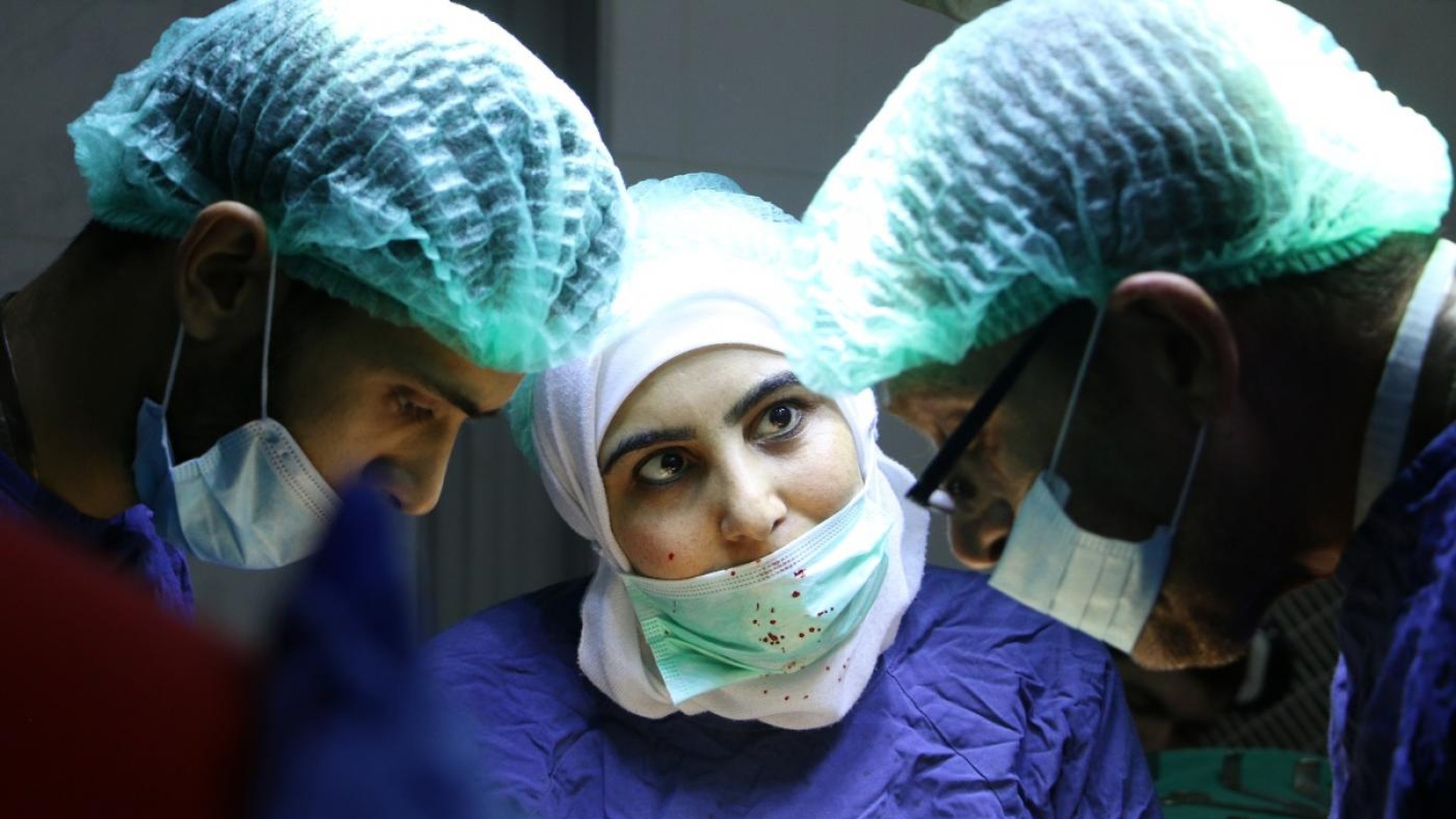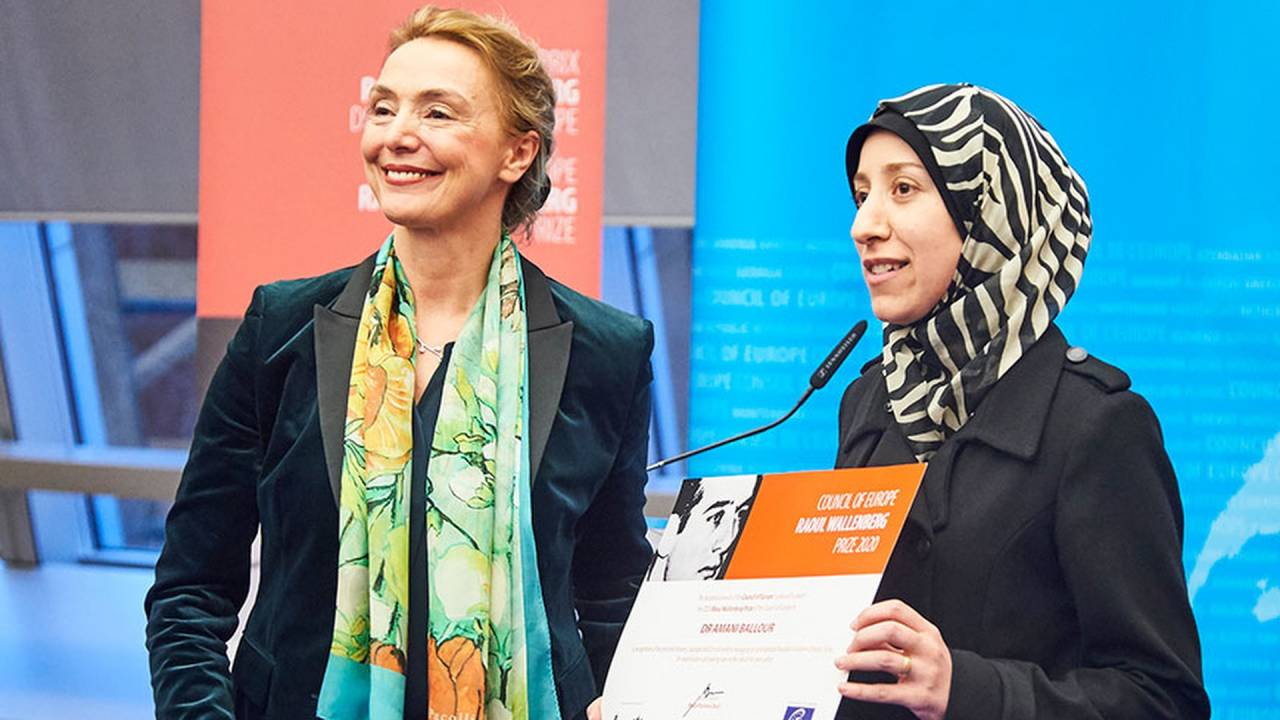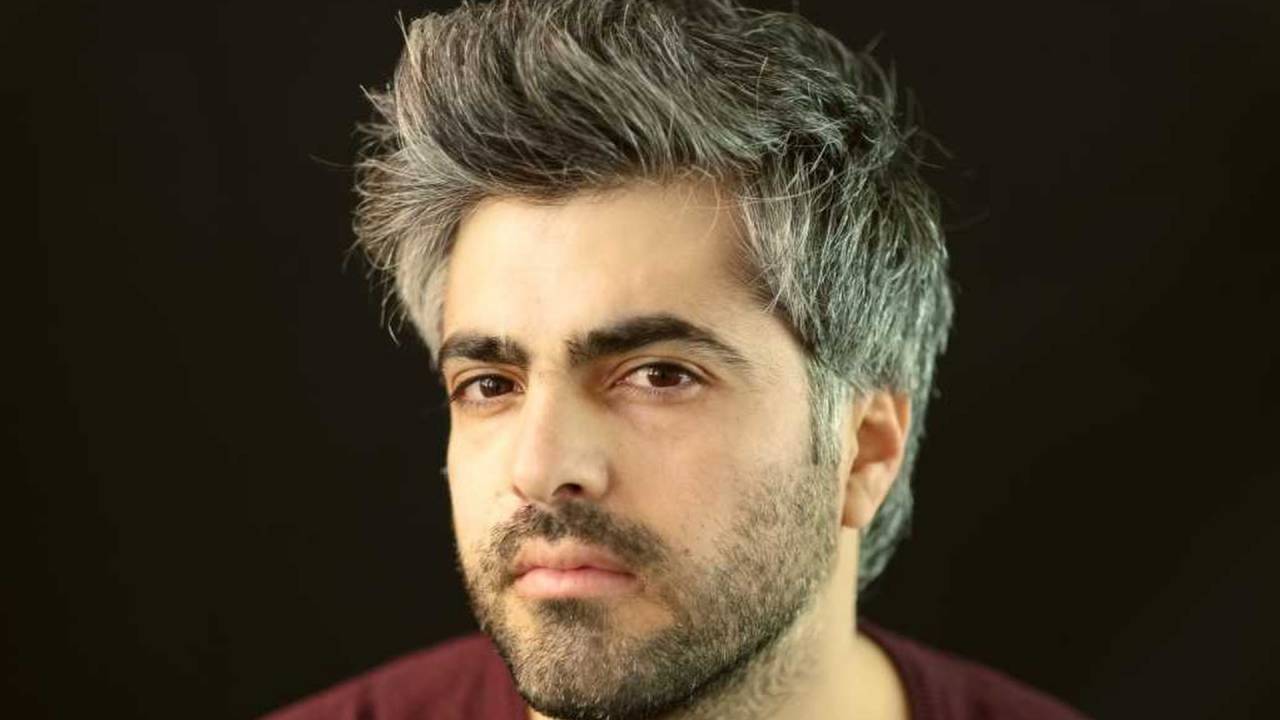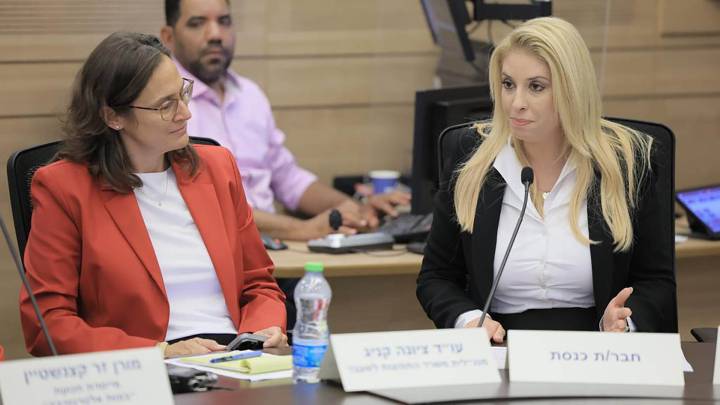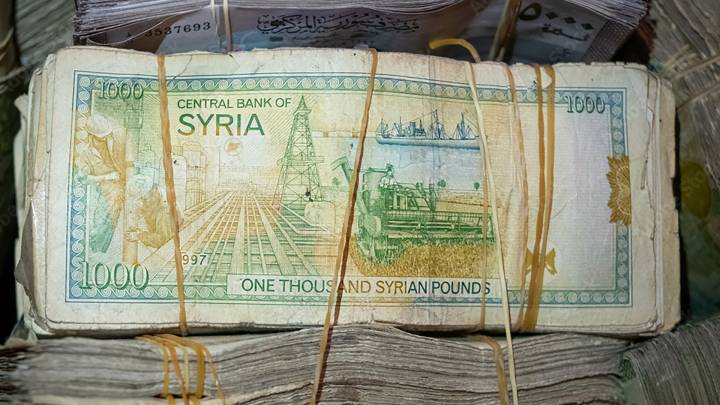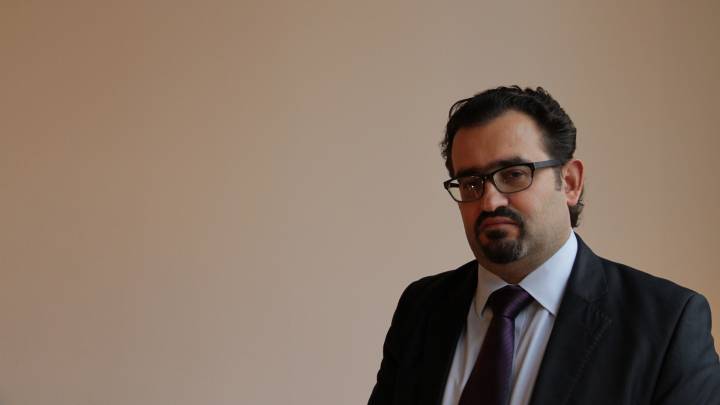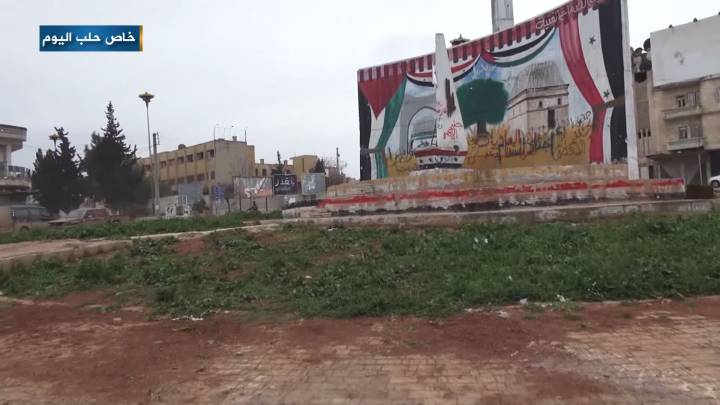Feras Fayyad, the director of the Oscar-nominated documentary, ‘The Cave’, speaks to zenith about seeing the future of Syria in his female protagonist, surviving torture in Assad’s cells, and facing discrimination in the USA and Denmark.
Nominated in the Best Documentary Feature category at the Academy Awards, ‘The Cave’ is a joint Syrian-Danish production directed by Syrian-born Feras Fayyad. It premiered in at last year’s Toronto International Film Festival, where it was awarded the People’s Choice Award for Documentaries. The film follows the struggles of Syrian paediatrician, Dr. Amani Ballour, as she tends to patients in an underground hospital in Eastern Ghouta under siege. The Cave comes after Fayyad’s 2017 documentary, Last Men in Aleppo, which covers the work of the White Helmets during the Assad regime’s bombardment of the city.
zenith: Why make a film like ‘The Cave’ now?
Feras Fayyad: Making this film was the only way that I could do something for the people around me. I’m a person who tells stories that immerse the audience in people’s lives. I try to show that, despite the barbaric war and the confusion that surround it, there are still those who believe in change. It’s important for me as a Syrian to depict the better side of humanity. We started the revolution in Syria because of the values we believed in: democracy, human dignity, and a change in the system for the better. We never expected a war like this. But we thought it would be difficult to remove a brutal regime which controlled every single aspect of our lives. This film is proof that we are still breathing, and we still retain our individuality despite Assad’s picture being plastered along every single street.
What was personal to you about this project?
I was jailed and tortured by the regime in 2011 because was I was making a documentary about the beginning of the uprising in Syria. As I was close to losing my life, I heard women being tortured in the prison, just because they were women. The guard who was interrogating me kept threatening to bring in my mum or my sisters. They wanted to know why I was filming the truth with my camera. For them, I was insulting the nation. Freedom of expression is an insult to the nation. For us as Syrians, freedom of expression is the only way that we can express our nature and our identity, but also our history. Syria is home to two of the oldest cities in the world, Aleppo and Damascus. There’s also theatrical heritage in Palmyra, musical heritage in Ugarit, as well as the roots of human language itself. For us, it’s part of our blood.
How do you deal with being a Syrian filmmaker based in Europe?
I’m physically here, but mentally and psychologically I’m still in Syria. Every bomb in Syria falls on my heart and my body. I feel responsible because of my position as a filmmaker to help these people somehow. I think that I will have a heart attack every day when I hear about a bomb here, a death there. I’m always worrying about my family.
‘Medical care is the most important thing for people to believe that their country functions’
Why did you choose to focus your film on an underground hospital in Eastern Ghouta?
I wanted to discover the new culture that was established during the war. Underground hospitals were a response to heavy attacks from the Russians and the Syrian regime. They were attacking facilities of hope, because medical care is the most important thing for people to believe that their country functions. From getting sick, to babies being born, the hospital represents the circle of life. When people save lives, it ends at the hospital. I was interested in filming people, not action. I wanted to depict personal stories of people with their faces, their trauma, their reaction, their behaviour, and how it’s changed. To show the conflict between the best and worst sides of humanity. I didn’t know where the story was going to end or where it would be set, until I decided that I wanted to show experiences in an underground hospital. Syria’s last beacon of hope. Through the eyes of a female leading people in a struggle to survive.
When did it become clear that Dr. Amani would be your protagonist?
When we started shooting, we didn’t know who our main character would be because we didn’t know who would survive, even if we would survive. We had two teams, I was with one in Idlib and one was in Eastern Ghouta. And it was there where we came across Dr. Amani Ballour. She’s a very special, unique person. The sort of person you will meet once in your life. She is committed to doing her very important work, for her community, for women, and for teenage girls. I discovered that she was the first woman in the history of Syria to manage an hospital with 140 medical staff. She’s been twice elected to lead this hospital, all the other hospitals are run by men. And she’s doing all this during the longest-running siege in modern history, with barbaric attacks all around, including the use of chemical weapons. I asked the cinematographer in Eastern Ghouta to focus on Dr. Amani. So we followed her story until when she was evacuated to Idlib and then Turkey.
‘The Cave’ depicts women in a double bind, trapped between war and sexism.
I grew up surrounded by women. I was the eldest of ten, seven sisters and two brothers. As a member of the younger generation in Syria, I grew up thinking there was no difference between any of the genders. But you can’t close your eyes to how much the culture results from the patriarchy system that Assad, father and son, established in Syria. When you walk the streets of the country, you see a male image everywhere, and no women. This firmly establishes a patriarchal system in the minds of the people. Every single family starts to say: If our president is like this why can’t we be like this? When Hafez Al-Assad visited North Korea in 1974, he was strongly influenced by the North Korean president, Kim Il-Sung. He returned to Syria and tried to copy the North Korean father-of-the-nation model. This patriarchal system entered every household in the country and affected the behaviour of every Syrian man. This is what Dr. Amani is up against. The controlling behaviour of men who don’t see women as equals, who don’t believe women can be smart. Although, when a man came to say that Dr. Amani should be beaten and kicked out, one of her male colleagues stepped in to support her. It doesn’t make you any less male if you support the revolution of the women that is happening there. It shows you that the political system built on patriarchy is starting to be kicked out, it’s not part of our future.
‘In the hospital, the only markers of time were the bombs and the injured coming in’
Did you always want to be a filmmaker?
Growing up, I lived between Idlib and Aleppo. That’s where I took my first picture with my father’s camera. I watched black-and-white films there with my father. I grew up on the films of Youssef Chahine and Alfred Hitchcock. My father loved French New Wave cinema, whereas I fell in love with Di Seca’s ‘The Bicycle Thieves’. He filmed it with non-professional actors, using simple tools to document the history around them. Telling the story of post-war Italy under threat of economic collapse, about the big thief who has stolen the country, and humans surviving in between. My father also introduced me to Claude Lanzemann’s ‘Shoah’, which was very scary for me as a child, but it also established inside me the idea of surviving. Survival was always a topic of conversation between my mum and dad. My mother is an immigrant to Syria who always struggled with her identity. My father was a political researcher who could never publish any of his work because he wasn’t a member of the Baath party. If my father had expressed his opinions freely, he would’ve been killed. Many of my uncles were jailed and killed for doing the same.
‘The Cave’ has been described elsewhere as breaking stereotypes. Was this your intention?
There’s so much stereotyping about Syria. When you mention Syria, most people will say Middle East. This shows you the lack of knowledge. They put the entire heritage of a country in one box, together with other different countries, which have different heritages, ways of life and cultures. Even within my family itself, there is great diversity. I actually filmed the opening sequence of ‘The Cave’ with the same camera they used to film ‘Lawrence of Arabia’. A wide shot in 70mm, zooming out. You hear a female voice, then it cuts to a woman. That immediately challenged the audience’s expectations.
Why is Dr. Amani not a stereotypical female lead?
In Henrik Ibsen’s ‘A Doll’s House’, Nora, the protagonist, is a woman who moves from the hand of her father to the hand of her husband. Nothing seemed to change for her. So she revolted against it and left. Dr. Amani is like Nora, she’s independent. She trusts herself. She has to have the confidence to fight for her identity. Dr. Amani is not a wife or lover. She’s not the stereotypical female protagonist. Cinema normally wants to tell an easy story, a love story between men and women. A woman gets married and the love story survives through the war. It’s a story we’ve been hearing for years and years. There’s that scene in the new ‘Little Women’, when the publisher says to the main character that she should make sure that the woman in her story gets married by the end of the book. She supports her fellow women. You can’t say she’s not feminist just because she wears a hijab, which a lot of people criticises her for. She doesn’t care, she just ignores it.
What were the challenges of filming in a subterranean environment?
I wanted to show the hell on earth underground. I couldn’t walk the streets easily. And if there was one day without a bomb, we were more scared because we expected they were preparing something bigger, like a chemical attack. Time was changing outside, but the team didn’t feel it. They were stuck in a time loop, like a science fiction film. When I was filming in a different underground hospital in Idlib, I didn’t notice the difference between day and night. Just like I didn’t know the difference when I was in an intelligence prison. I was there twice for a total period of 18 months. I never knew how much time had passed, days or years. Are we in winter or summer? I never knew. But in the hospital, the only markers of time were the bombs and the injured coming in. Dr. Amani has an emotional connection to this environment, the cave. She is hypersensitive to it and feeling the psychological damage of the bombs. This is why she wants to protect it and takes great care to fortify it, because she wants to protect herself.
‘My torturers, some of whom remain in Syria, told me that I would never see this life again’
Samaher’s character seems to provide the emotional heart of the film. Was it important to provide the Dr. Amani with a foil?
When I was discussing this with my co-writer, Alisar Hasan, we felt that feminism does not look a certain way. You can be emotional and be a feminist, no problem. Samaher is a nurse who takes care of cooking for her colleagues. Nobody told her to cook. She decides what food to prepare. And she says: If you don’t like my food, go and make some yourself. She is fighting trauma, and the food gives her stability. She wants to cook food even when the bombs are falling around her. She wants to make the food and make people happy around her. There’s also a political aspect to the food. There was only Chinese salt, no Swiss salt, available at the markets. European food wasn’t there because it was too expensive. So they just had expired Indian rice. Even the food they were eating wasn’t good for them.
Why does one of the surgeons listen to music?
While he operates on his patients, Dr. Salim listens to Shostakovich and sometimes watches the work of the ballet choreographer Leonid Yakobson. Both of whom were persecuted by Stalin. Here the music has a story to tell. Dr. Salim listens to Shostakovich and Yakobson as a form of freedom of expression while their compatriots bomb his hospital.
Is it significant that two films about Syria have been nominated for an Academy Award?
‘For Sama’, Waad Al-Kateab’s personal story, is an important film. It explores what it means to raise a child in a warzone and be a wife to a doctor working in the most horrific circumstances. It was co-directed by a British filmmaker, Edward Watts, so it wasn’t only Syrians who made the decisions about how to tell the story, but also a white European male. Choosing only non-English language films in the documentary category is significant because it acknowledges that the world around us is burning. And also, I think they are making a political statement because Trump tried to cut the country off from the world. It’s important that two Syrian films have been nominated because its shows you that the story of bombing hospitals is not just constructed on lies. But all politicians have closed their eyes and ears to this, despite there being a lot of evidence that Russia has committed crimes against humanity.
Do you think a nomination like this can make a change?
I never considered myself a person that is trying to establish a career by being nominated for an Academy Award. It’s hard for me to sit and watch the death of my people every day. The nomination gives me one of the only opportunities I have to say something as a Syrian. To say that we have to stop this war. We have to support the process of justice in Syria. We need a better future for Syria. We need to save people’s lives. We need to build justice to move on for the future. All the war criminals have no future in Syria.
And what does it mean to you personally?
It’s very important to stand on that stage because now one of those who tortured me, Anwar Raslan, was arrested in Germany in February 2019 and was charged with crimes against humanity in October. My torturers, some of whom remain in Syria, told me that I would never see this life again. Nobody would hear about me. That I was nothing. So I want to tell them that I still exist. I survived. I’m there. I also have the responsibility if I stand on that stage to tell the messages of those still in jail who were fighting for human dignity and freedom of expression.
‘I survived prison, the war, crossing the Mediterranean. And now I’m surviving against racism’
How do you feel about being banned from entering the USA to attend the award ceremony?
I start to believe that as a Syrian, I have to live with this situation. Sometimes even thinking about is painful. I’m not a person of anger, but it fills my body with all the feelings of injustice and severe depression. I believe that what I have done with ‘Last Men in Aleppo’ and ‘The Cave’ can speak for itself. History will remember people like Donald Trump who use racism and nationalism to ban artists from showing their work.
What problems have you faced in Denmark?
I’ve been beaten by Danish police on 17 January. My hands still hurt because they twisted them and pushed me up against the wall. All because of my Syrian passport. I have a German travel document which allows me to travel to a lot of places, but I can’t go everywhere with it, so I show my passport as well. Danish police threatened to cancel my asylum and report me to the German police. I know the laws and they had no right to say any of this. But being Syrian and having a Syrian passport means being confronted with this discrimination and injustice. I live in Denmark and I love Denmark. It gave me the feeling of feeling safe again. But I don’t like how the system works. I won’t allow anyone to threaten my safety because I’m working as a filmmaker. What I do is for them as well as me. I make people less racist, less angry and less nationalistic, and I encourage understanding. I’m representing the many diverse artistic voices in Denmark as well with this film. So you’re beating a person who is representing you at the Academy Awards? Just being a Syrian is a threat. That’s racism.
Why did you decide to end the film with a shoot of submerged wreckage?
I believe that even small problems affect the whole world and therefore there should be international responsibility. People drowning in the Mediterranean is scary for our attitude to the future. The politicians should realise they’ve done something really wrong, but instead they put the responsibility on the shoulders of the next generation of European leaders. Why don’t we give them a hopeful example to follow in the future? This was the main message of the film’s last scene, which we shot in Turkey with a Norwegian crew. There is a plane underwater from the First World War, and a ship and a tank from the Second World War, which refugees pass over. The current crisis crosses over the old crisis, and people die in the middle of that. It shows the failure of our civilisation. We have used all our intellectuality to kill each other.
Who bears responsibility for the current crisis?
I’m not putting the film in front of people and slapping them in the face with it. I’m holding up a mirror of the current situation of people trying to survive. This is what’s happening from crime to crime. From death to death. We have to think about that. Russians have a responsibility for what’s happening in Syria, and so do many regimes throughout the Arab world, Europeans, and Americans, all over them. They’re responsible for the deaths of the refugees in the Mediterranean. I could have been one of them. But I survived. I survived prison, the war, crossing the Mediterranean. And now I’m surviving against racism.
Feras Fayyad is a Syrian filmmaker who is now based in Copenhagen. His films include‘Damascus and the Last Manifestations’ (2011), ‘On the Other Side’ (2012), ‘Behind the White Color’ (2014) and ‘My Escape’ (2016). His 2017 film ‘Last Men in Aleppo’ was nominated in the Best Documentary Feature category at the 2018 Academy Awards. ‘The Cave’ is nominated in the same category having already won the Danish Academy award for Best Documentary. zenith spoke to Feras Fayyad days before he was permitted to enter the USA to attend the Academy Awards ceremony.
